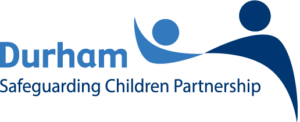How we behave is really important. We need to think about how we act, what we say, where we go, and how this effects other people. It is important for us all to take responsibility for our behaviour, and parents have an important role in helping children learn how to do this.
Anti-social behaviour is behaviour that worries, upsets or frightens other people. It can make some people feel unsafe or scared in their own home, and can frighten and upset other people when they are out in the community. This could include making too much noise or fighting, leaving rubbish and mess about, causing damage or graffiti, hanging about in large groups, drinking and drug taking, using vehicles in an inconsiderate way.
Being involved in anti-social behaviour can get people into trouble with us, or the police, or with landlords, and action can be taken against them. Sometimes children, young people and adults need help to understand the impact of what they are doing and help to change their behaviour. When we work with people who are involved in anti-social behaviour we need to consider their individual circumstances and support needs and work in partnership to address them.
Information sources
- Anti-Bullying Alliance
- Anti-social behaviour
- ASB Help
- Bullying and harassment
- County Durham Youth Justice Service (CDYJS)
- Crimestoppers: Fearless (non-judgemental advice about crimes that affect children and young people)
- Durham Insight: crime and community safety
- Durham Police: what’s happening in your area?
- Gov.uk: crime, justice and the law
- Gov.uk: Police and Criminal Evidence Act 1984 (PACE) codes of practice
- NEPACS
- Probation Service
- Resolve
